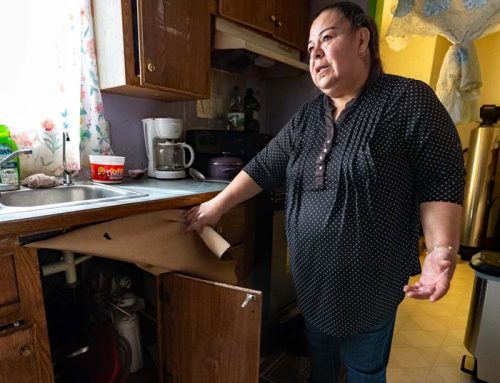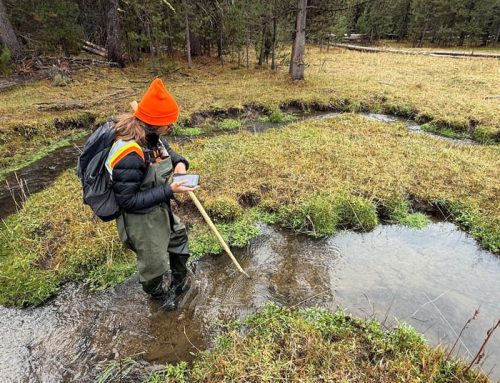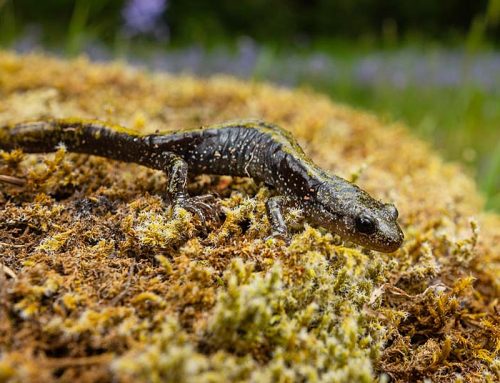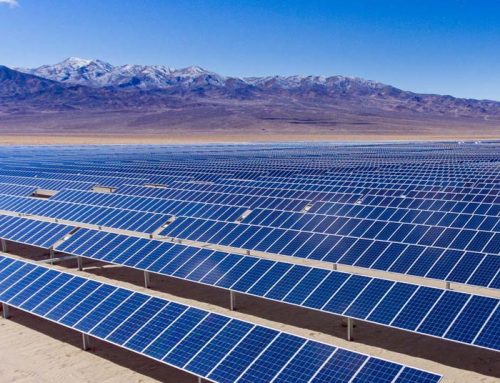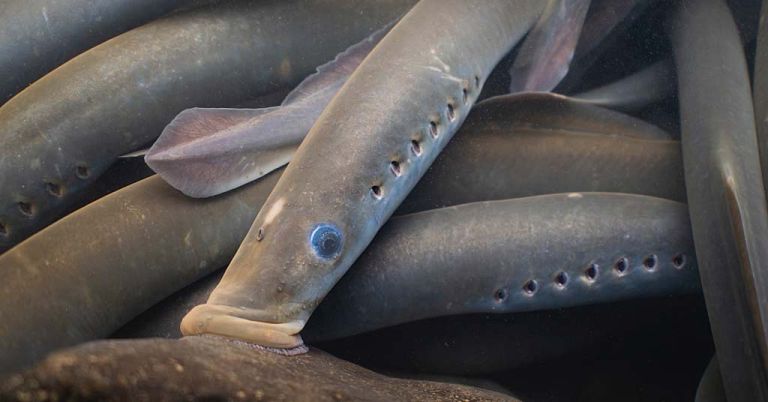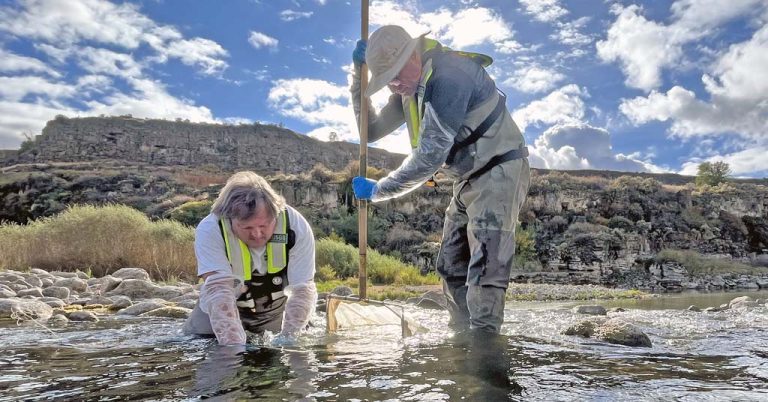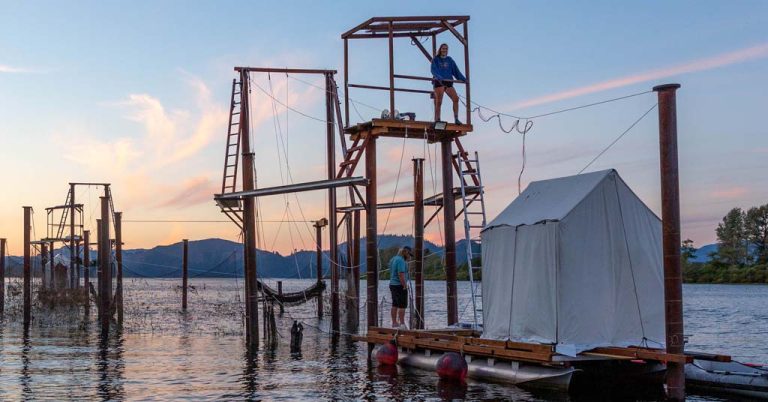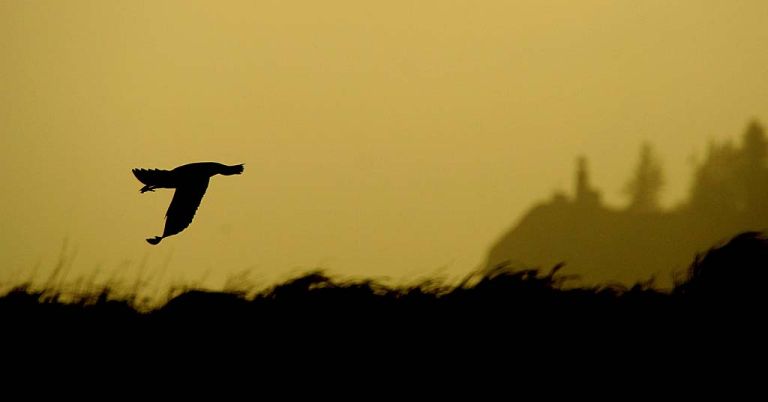Part 1 of a series profiling Gorge Scientists highlights Tim Counihan of U.S.G.S.
By Miko Ruhlen. Apr. 3, 2017. Tim Counihan’s interest in aquatic systems started at age eleven. He found pond water fascinating. “It looks like water, seems like water, but when you look at through a microscope it is teeming with unusual creatures.” He says he still loves being in, on, and around water. For 24 years it has been a focus of his career at U.S. Geological Survey, where he is Lead Research Fishery Biologist.
Although some of his work is in the field, a typical day in the life of Tim Counihan involves working collaboratively with colleagues and other scientists, and using computers for writing and communication as well as to analyze data.
“Right now I am working with scientists from across the country to look at the relationship between human induced activities and the function of aquatic ecosystems,” said Counihan. His work involves not only the Columbia River, but other large rivers including the Colorado, Illinois, and Mississippi Rivers. As part of this study he uses multi-variate statistics and modeling to analyze long-term monitoring data that has been collected for over 50 years to understand changes in fish communities. “Sometimes kids ask me: What good is math? I tell them I use it each and every day.”
Counihan studies invasive species such as Quagga and Zebra mussels, which have the potential to infest the Pacific Northwest–the last area of the contiguous United States that has yet to be invaded with these organisms. He is looking at ways to prevent these highly invasive mussels from establishing in the Columbia basin as well as some Canadian Provinces by helping develop early detection and monitoring systems.

Tim Counihan examines a non-native clam
Quagga and Zebra mussels are biofoulers that clog water intakes and infest dam infrastructure. Controlling these pests could cost hundreds of millions of dollars annually in addition to the potential ecological risks to native salmon and steelhead recovery efforts.
Contaminants in the Columbia River are also part of Counihan’s work. He has studied the distribution of sediments and contaminants using advanced sampling design and modeling techniques. In one of his peer-reviewed papers his study suggests that sediment contamination in the Columbia River may contribute to bioaccumulation in resident birds and fish. Bioaccumulation is the gradual buildup over time of a chemical in a living organism.
Counihan’s work is multi-faceted and what he likes best about his work is that, “I am essentially pioneering. Looking at issues that haven’t been looked at before in ways that haven’t been done. It is mentally stimulating. For everything we learn, new questions are raised as part of the scientific process. If the questions are important enough and of value to the public, then we look at them.”
Science is important, Counihan explains, “because it provides a rational basis for examining things. It is not how you feel about things, but it all goes through a standard process of formulating hypotheses, testing them, and then reporting what the weight of evidence suggests in an unbiased way.”
“What I have always wanted to do is be a public servant and serve the public in a meaningful way by providing service as a federal employee, you know, ask not what your country can do for you but what you can do for your country; we take that responsibility very seriously.”

A sign posted at a Columbia River boat ramp in Rowena about another invasive species, the New Zealand Mudsnail. When boating or rafting, observe signs and precautions to help stop the spread of invasives.
Paid Advertisement:

